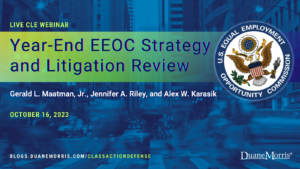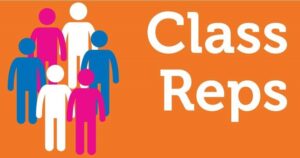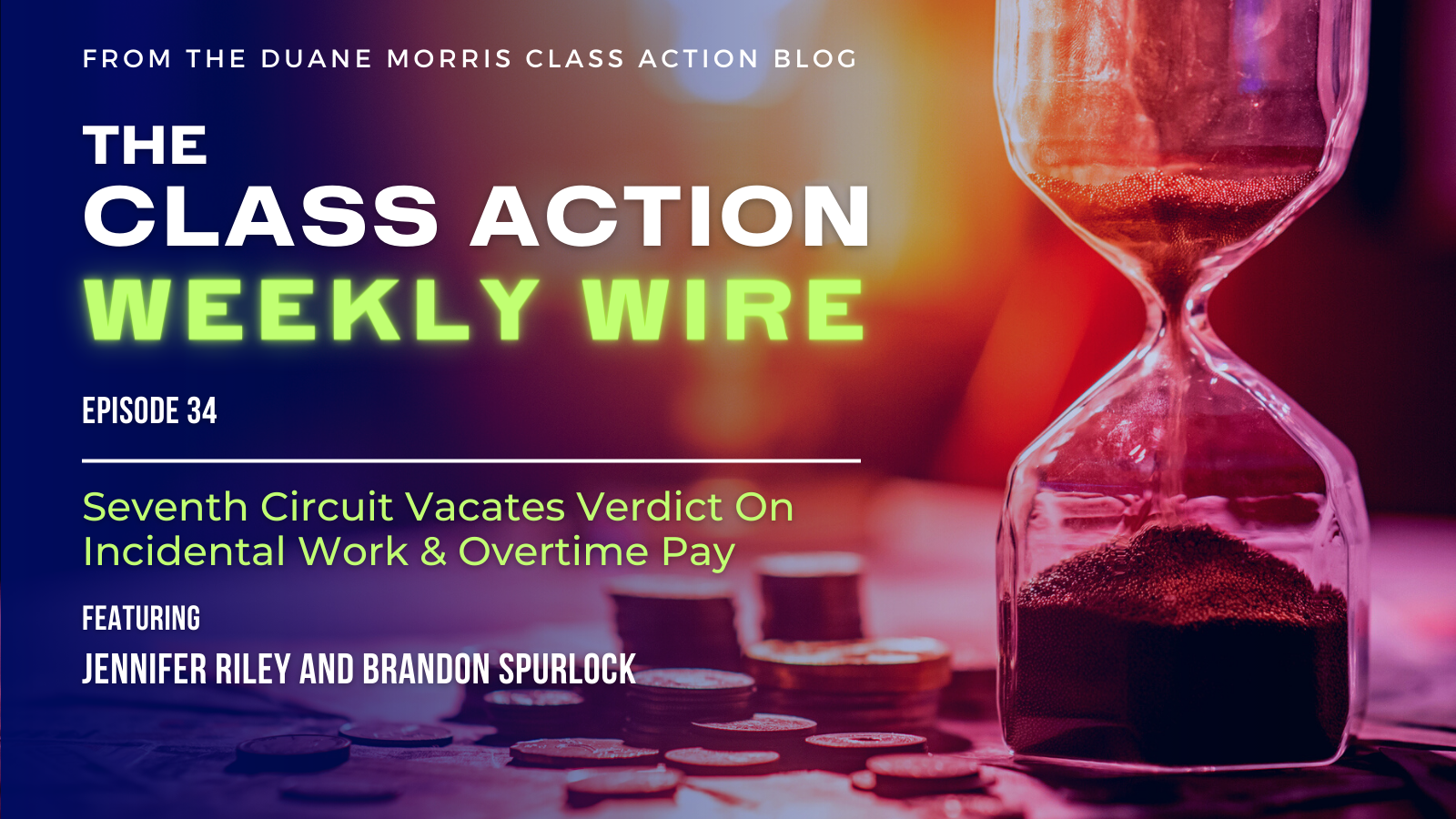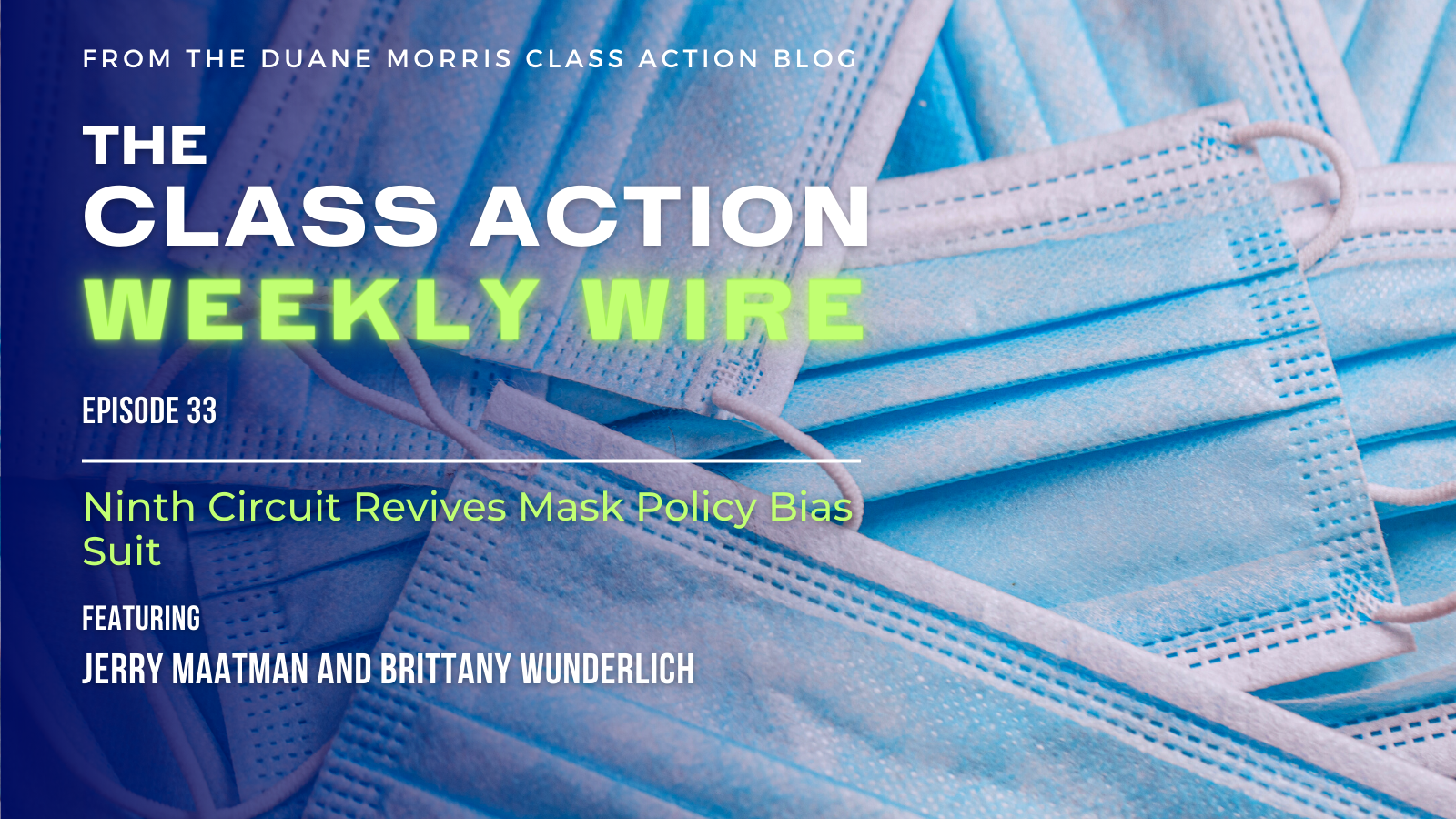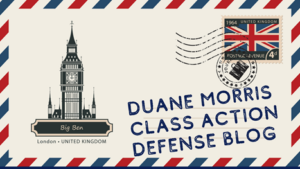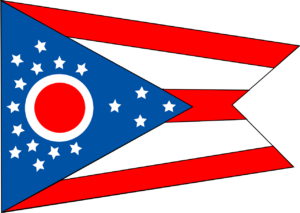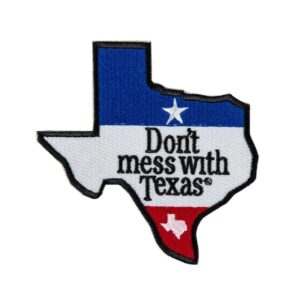 By Gerald L. Maatman, Jr., Nicolette J. Zulli, and Zachary J. McCormack
By Gerald L. Maatman, Jr., Nicolette J. Zulli, and Zachary J. McCormack
Duane Morris Takeaways: In the massive proceeding known as In Re 3M Combat Arms Earplug Products Liability Litigation, No. 3:19-MD-0288 (N.D. Fla. Oct. 14, 2023), Judge M. Casey Rodgers of the U.S. District Court for the Northern District of Florida recently issued a novel order warning claimants and attorneys to beware of scammer phone calls asking for sensitive personal information. The Court advised that imposters pretending to be employees of Settlement Administrator Archer Systems LLC (“Archer Systems”) had called numerous claimants involved in the 3M Company (“3M”) Combat Arms Earplug (“CAE”) multi-district litigation (“MDL”) asking for social security numbers and date of births to confirm participation in the $6 billion settlement deal reached in August 2023. This fraudulent activity to retrieve personal information comes as the result of a Reddit post leaking the telephone number Archer Systems previously used to contact claimants. In response to this post, scammers spoofed outgoing calls to claimants using this number, thereby prompting the Court’s intervention. Judge Rodgers explained the Federal Bureau of Investigation (“FBI”) has been notified of the scam and advised claimants to be vigilant in shielding personal sensitive information from possible scammers. Judge Rodgers issued his order to encourage all claimants involved in the MDL to immediately contact their lawyer if contacted by someone claiming to be an Archer Systems employee. This swindle in the administrative process of a massive settlement presents as the latest iteration in the onslaught of cyber-attacks, data, and security breaches affecting consumers in recent times.
Case Background
3M, the Minnesota-based conglomerate operating in the fields of industry, worker safety, healthcare, and consumer goods, produces thousands of products under several brands. Between 2003 and 2015, 3M and subsidiary, Aearo Technologies Inc., manufactured and supplied United States military service members with CAE to protect them from loud military training and combat noises. The earplug’s short design did not provide enough coverage to certain users’ ear canals, failing to form a proper seal, and exposing military service members to harmfully loud noises. This resulted in numerous users reporting hearing loss and other ear issues. In 2016, Moldex-Metric, Inc., a California-based competitor, filed a whistleblower lawsuit against 3M, claiming that these defective earplugs did not meet the standards for protection required by the government. In 2018, 3M paid over $9 million to the Department of Justice, and shortly following this settlement with the government, numerous individualized lawsuits poured in from military service members. In 2019 these lawsuits were centralized in the Northern District of Florida, and in August 2023, after a court-ordered mediation, 3M reached a settlement with the 260,000 claimants who formed the largest MDL in the history of the United States.
In the wake of the August settlement, an unknown Reddit user leaked the telephone number Archer Systems used to contact claimants in the CAE settlement. Scammers quickly took action, disguising calls with the number and contacting claimants, to ask for social security numbers as well as birthdates, in an attempt to commit identity theft. Upon learning about the scheme, Judge Rodgers issued his cautionary order on October 14, 2023.
The Court’s Order
The order warns claimants “THIS IS A SCAM,” and that the FBI had been notified. The order further advises claimants on how to protect their sensitive personal information from potential scammers. It goes on to educate claimants on the fraudsters’ approach: that Archer Systems is not directly contacting claimants unsolicited, nor is it utilizing auto dialer or auto caller bots. Rather, that Archer Systems will only ask claimants for the last four digits of their social security number, not the entire number, and that claimants should not respond to any emails from anyone representing themselves as Archer Systems. The Court’s order discourages claimants from sharing information regarding this settlement on social media, since it appears the anonymous Reddit user obtained the Archer Systems telephone number through a claimant’s social media post. Finally, the order directs counsel to send a copy of the order to represented claimants, as well as advising the court clerk to forward the order to pro se claimants.
Legal Implications
Overall, the Court’s order comes in response to yet another fraudulent scheme to trick one of the most visible segments of the population – America’s veterans – into providing sensitive information that could result in identity theft, and ultimately, substantial financial and other damage. Scammers have utilized similar identity theft schemes in recent class action litigation, but are now exploiting posts on social news websites and forums – in this case, Reddit – to spur novel and inventive fraud schemes. Crafty scammers continue to profit off litigation covered by the media, tricking service members into surrendering sensitive information. In today’s world of social media and artificial intelligence, the online environment is riper than ever for unforeseen methods of fraudulent abuse. As illustrated by this case, modern scammers utilize a large “bag of tricks” to obtain sensitive information and employers should be prepared to review and adapt company policies and procedures incessantly to ensure effective protection of employee and company data.

